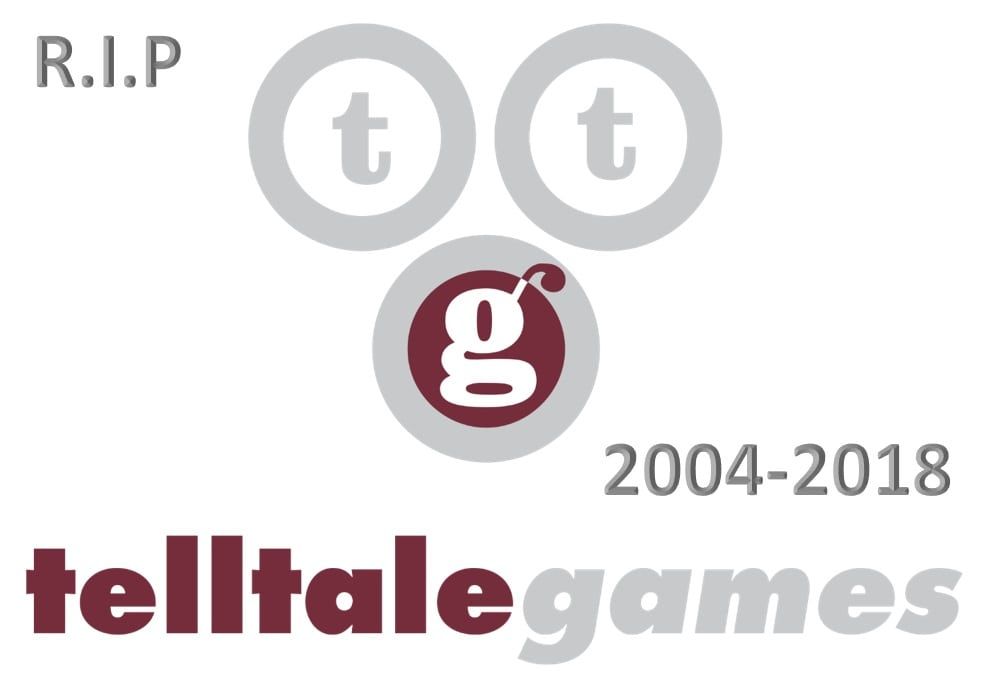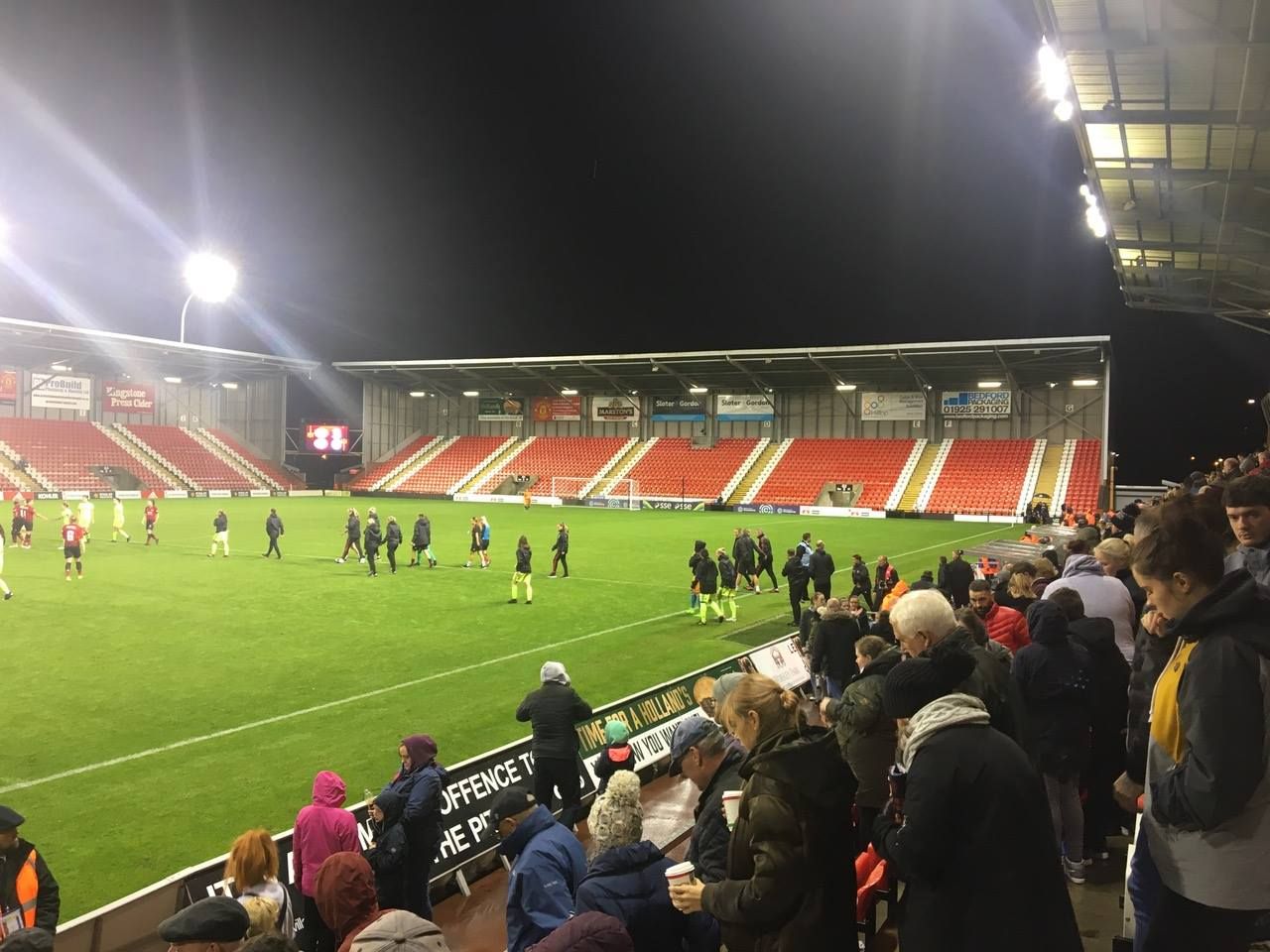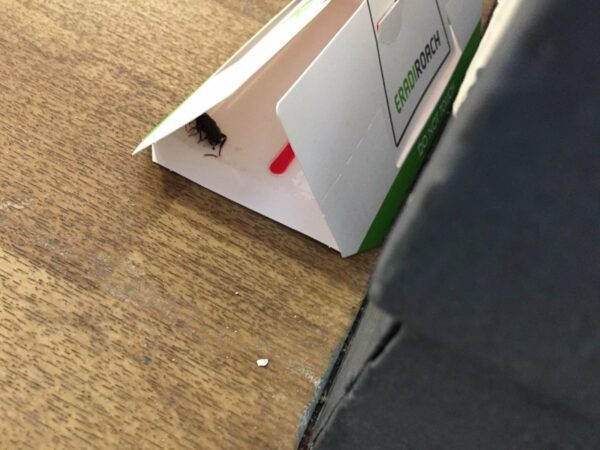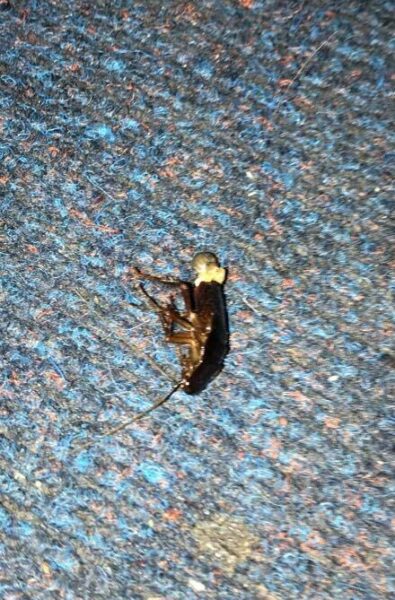LAUREL is p*ssed off, and she wants you to know it.
With herself, with the world, and most explicitly, with the ‘you’ to whom she refers in almost every song.
There is a tried-and-tested formula immediately apparent in the contrastingly catchy, poppy music of much of her set, meeting the beautiful and melancholy voice that perfectly matches it.
“If you loved me, why did you leave? / If you need me, why did you go? / If you want me, why don’t you see?” she sings in ‘All Star’, the opening song of the set.
The raw emotion, and the obvious fact that these are her words, written by herself, give the lyrics real weight. It is impossible not to pay attention. This isn’t to say that her songs are difficult to relate to, though.
Whilst singles like the stomping ‘Adored’ (a song “about loving the feeling of being adored, but not the person offering it”) might be a little specific, themes of love, heartbreak, and anger are universal.
The minimalist set up on stage aids in terms of build-up. She is flanked by two guitarists and a drummer; all three of whom, are not fazed by the gravity of some of her lyrics. They are clearly, and endearingly, having a great time and sound brilliant to match.
The middle of her set at Soup Kitchen featured a three-song solo section, with ‘Sun King’, a song “very special” to her, especially heartening. Songs from singles earlier than her newest album DOGVIOLET like ‘San Francisco’ and encore track ‘Blue Blood’ offer an insight into pre-DOGVIOLET LAUREL.
Were comparisons at all necessary, one might say that her music has advanced from a British Lana Del Rey to a Florence Welch in waiting. But they aren’t. With the acclaimed release of her debut album, LAUREL is at a stage where she should be respected as an artist in her own right, and one who doesn’t need to be likened to others. It is her individuality that makes her so special, and if she continues performing and recording as strong music as she has so far, she will undoubtedly go far.
I had the chance to catch-up with LAUREL before she took to the dingy Soup Kitchen stage. Here is what she had to say:
DOGVIOLET has a slightly different sound to some of your earlier singles like ‘Come Together’, would you say that was a deliberate change or was it just what felt right at the time of writing it?
Yeah, it came out on the 24th… I guess that was a while ago now! It has definitely got a different sound to the first stuff that I released, and it was definitely deliberate. I picked my guitar back up and just changed my tastes a bit and started swaying towards this style. It came out really naturally, though, I wasn’t thinking “I need to make it sound like this” it just happened that way. The first song I produced in that style was ‘Life Worth Living’, which is the first song on the album, but I released it a couple of years ago. It just came together: it took a while and it wasn’t right for a while but then this sound happened, and I decided that that was what I was going to try and create more of on the album.
You’re going all over Europe on this tour, do you have anywhere you’re particularly looking forward to playing?
I’m really excited to play London. It’s my hometown, and we’re playing The Dome so that’s going to be fucking amazing. I’m also excited to go back to Poland, I love Poland and have always played really good gigs there: the crowds are amazing and it’s a beautiful country. I’m also looking forward to going to Budapest and Prague, because I’ve never been before, but sadly I might not get that much time to look around!
Regarding the new album, you’ve said that you’ve tried “to capture the true mania that comes from love; although a beautiful feeling, it can often feel a lot uglier.” Do you use song-writing and music as a mechanism to deal with, to exorcise, and to better understand things life throws at you?
100% yes. I often wonder what people do if they don’t write music! I’ve been in some really dark places or just been fucking mad, sometimes irrationally and just don’t want to speak to anyone, and my music becomes somewhere to put those emotions. Whether the song ends up on an album or not, or whether I ever even listen to it again, for a brief moment I am putting that energy somewhere and after I finish that song I feel so much better. It happened recently and I just thought: how do people deal with things without song-writing? You have to find a way to channel emotions, and I don’t know how I’d do it if I didn’t do this. Instead of running away from my emotions it helps me face them front on. To be honest, it’s the only reason I write songs.
So you wouldn’t write something like ‘Eleanor Rigby’ for example, that isn’t personal to the singer’s own life?
No, I’ve tried! I did do when I was younger and playing folk music and hadn’t been in love so I think I was writing about other things because I hadn’t had much life experience myself. But I find it a bit harder to write storytelling: I know you can feel passionate about someone else’s story but I have to really be deep inside what I’m writing about for it to come out easily in my writing. I find it hard to write in the third person.
In terms of how personal DOGVIOLET is, it also paradoxically does a great job of feeling equally relatable to anyone, from someone feeling a first love to someone twice your age!
Yeah, I think the subject matter is something everyone of a certain age has been through. A lot of the songs, when I listen to them, are very situational because I remember the exact time in my life that I wrote them. It isn’t the situations themselves that are correlating in people’s lives, but rather the feelings — frustration, hate, love, obsession, addiction — which are relatable to people in every sense, not just the ones I was thinking about when I wrote the songs.
Were you listening to anything yourself during the writing process?
There’s a track by The Neighbourhood that I really like called ‘Sweater Weather’. I was listening to that a lot. I love the lyrics because of how conversational they are — I love conversational lyrics, and I love the production. I listened to a lot of Florence + The Machine, I think she’s amazing.
A lot of people have mentioned similarities in my music to hers which is funny because they never did that on my earlier music and I probably listened to more of her then. But I just like how she has alternative music that’s also pop and doesn’t go off on a tangent and really has a clear point to it. I also listened to a lot of Talking Heads, Pet Shop Boys, and Fleetwood Mac — all those classic bands. Whilst I was producing and mixing the album, though, I didn’t listen to any other music because you immediately start comparing and wondering whether you should be doing what they’re doing.
On another topic, tell us about the book, The Mutterings of a LAUREL, that you announced today!
Yeah! It’s the first test run and I’m only selling it on the tour for now, but I wrote it whilst I was finishing the album. It references my life whilst I was writing the music, so whilst it doesn’t actually speak that much about music and my career other than a chapter about touring, it just shows what was going on in my life whilst I was writing songs. And, I think, if you listen to the album and read the book you can tell when the songs were written. It’s a journal, but there are days where I didn’t write anything so it’s quite loose in that sense.
So did you start with the idea you were you were going to make a book out of it?
No, funnily, the first chapter explains this. I write “starting a journal is probably a bad idea” and mention that I’m thinking about writing a book, but I never thought this journal would turn into one. I started writing every day and the writing was quite creative, not just statements about what I’m doing, and I just decided I was going to turn this into something. It’s taken a while, but I’m really pleased with it.
Going back to your music, but looking at the future, is there anyone you’d really love to collaborate with?
Hmm. I’m trying to think. One person I’d really love to collaborate with is someone whose EP I’ve been listening to recently and she’s fucking awesome: Maggie Rogers. I really love her EP. It’s so sick, and the production is quite poppy, but I’ve heard some of her acoustic stuff and it really is just top class songwriting. So that would be fun. She’s fucking cool.
Brilliant! Lastly, any plans for album number two?
Always! I’ve written half of it already. I think this time I’m going to get somebody else to help me produce it, though, rather than doing it all by myself. I’ve already recorded some demos that I think sound great.























